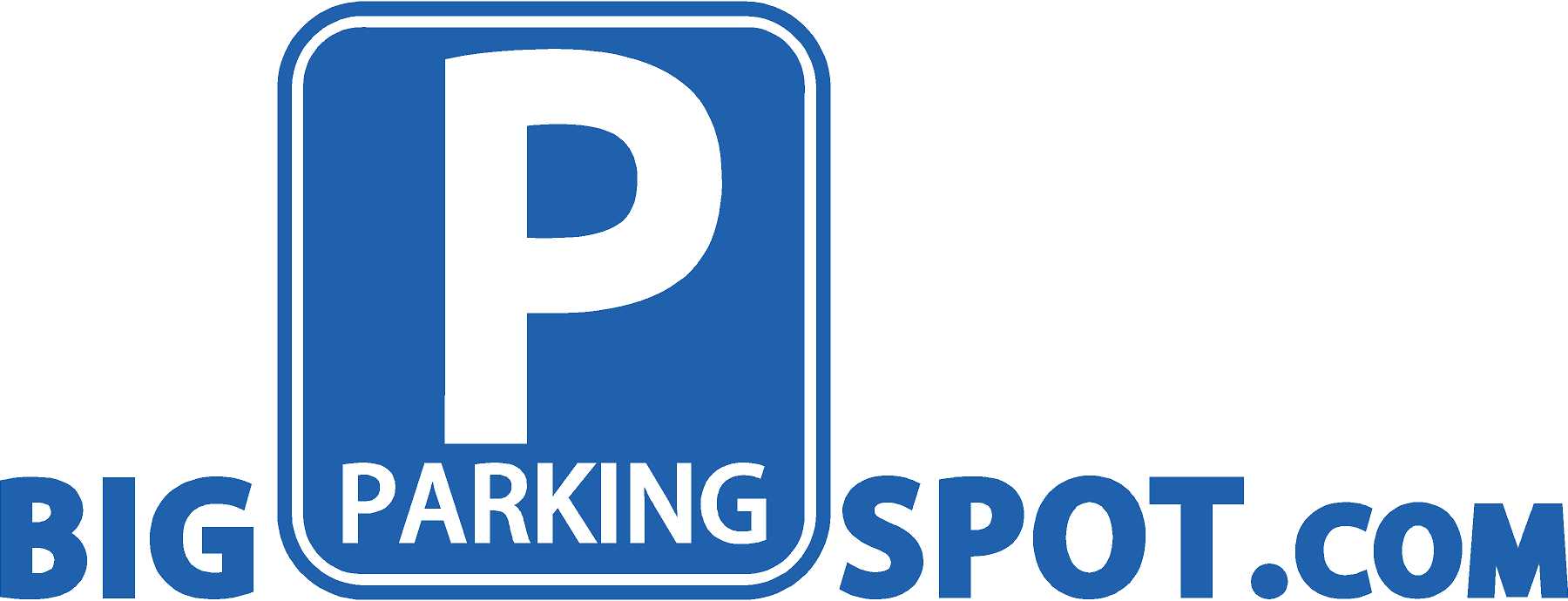How To Streamline Your Fleet’s Parking Logistics
—
October 22nd, 2025

Navigating the complexities of parking logistics is a daily challenge for fleet managers. It’s not just about finding a spot; it’s about finding the right spot at the right time. Since efficient parking management is crucial for reducing costs, improving operational efficiency, and enhancing driver satisfaction, this is something you need to get right.
If you’d like to learn how to better streamline your fleet’s parking logistics, this blog is here to provide actionable tips and strategies to help you out. By the end, you’ll have a much better idea of how to go about this complicated process.
Leveraging Technology for Parking Optimization
Technology is revolutionizing every industry, including fleet parking logistics. By adopting advanced tools, fleet managers can significantly enhance parking efficiency and reduce operational hiccups.
GPS and Parking Management Software
GPS systems and parking apps are invaluable assets for fleet operations. These tools allow drivers to locate available parking spots in real time, minimizing the time spent searching for parking.
Features like route optimization and parking reservation capabilities make it easier to plan efficient routes and secure parking in advance. By integrating these apps into your fleet’s daily operations, you can ensure that drivers avoid unnecessary detours and delays, keeping the fleet running smoothly.
IoT Sensors and Smart Parking Solutions
IoT-enabled parking sensors offer real-time updates on parking availability. The best part is that these innovative solutions integrate seamlessly with fleet management systems, providing an up-to-the-minute view of available parking spaces. As these sensors gather data, they provide insights into parking habits and trends, allowing for better planning and allocation of resources. By leveraging such technology, fleet managers can make data-driven decisions to optimize parking logistics.
Data Analytics
Data is a powerful tool in fleet management. With it, you can analyze parking trends and historical data, gaining the ability to predict peak parking demand times and locations.
With accurate data, fleet managers can also identify inefficiencies and adjust strategies to improve overall parking logistics. This kind of foresight allows for strategic planning and the optimization of routes to accommodate parking availability.
Implementing Proactive Parking Policies
Proactive policies are essential for effective parking logistics. By planning ahead and collaborating with others, fleet managers can minimize disruptions and enhance operational efficiency.
Pre-Trip Planning
Before dispatching vehicles, it is crucial to plan parking logistics meticulously. Creating a list of preferred parking locations for each route ensures that drivers know where to park, reducing uncertainty and delays. This proactive approach minimizes the risk of drivers encountering full parking lots, which can lead to costly detours and idling.
Partnering With Parking Providers
Collaborating with parking lot operators in advance can yield significant benefits. By securing reserved spaces or negotiating discounted rates, fleet managers can ensure reliable parking options for their drivers.
Partnerships with commercial parking facilities can provide guaranteed access to parking spaces, even during peak times. This collaboration not only saves time but also reduces parking-related stress for drivers. If you’re in need of truck parking in Tulsa, OK, then Big Parking Spot is the company you’ll want to reach out to regarding your fleet.
Encouraging Driver Feedback
No matter how you go about it, driver feedback will be invaluable to help you identify recurring parking issues and fix them. By establishing a feedback loop, fleet managers can continuously refine parking strategies and make informed decisions based on real-world experiences. Encouraging open communication between drivers and management fosters a culture of continuous improvement.
Optimizing Parking Costs
Knowing where to park is only half the battle. You also need to manage parking costs in order to keep your fleet operational. By implementing cost-effective strategies, fleet managers can reduce expenses and improve profitability.
Negotiating Bulk Parking Deals
One of the most effective strategies for reducing parking expenses is to negotiate bulk parking agreements with providers. Long-term contracts for frequently used parking locations can lead to significant cost savings. These agreements often come with additional benefits such as guaranteed spots and flexible terms, which is a great bonus. By leveraging the purchasing power of the fleet, managers can secure favorable terms that benefit their operations.
Reducing Idle Time
Minimizing idle time is key to reducing fuel costs and emissions. Better parking planning can help achieve this by ensuring that drivers find parking quickly and efficiently. Utilizing technology to monitor and manage idle time effectively can lead to significant savings. By reducing idle time, you’ll save a lot more money than you realize, which you can then reinvest into other areas of your business.
Avoiding Fines and Penalties
Compliance with parking regulations is essential to avoid unnecessary fines. Educating drivers on local parking laws and ensuring adherence to regulations can prevent costly penalties. Regular training sessions and updates on parking rules can keep drivers informed and compliant.
Training and Educating Drivers
Speaking of education, setting up proper training in other areas of your business will empower drivers to make more informed parking decisions, enhancing overall fleet efficiency. This will go a long way in streamlining your fleet’s parking logistics.
Parking Best Practices
Teaching drivers efficient parking practices is step one of this process. Tips such as avoiding high-traffic areas during peak hours and adhering to parking regulations can prevent delays and fines. By instilling good habits, fleet managers can ensure smoother operations overall.
Safety Protocols
Safety should always be a priority when choosing parking spots. You need to train your drivers to prioritize safety by selecting secure areas and properly securing vehicles and cargo. This not only protects assets but also ensures driver well-being.
Technology Training
Training drivers to use the parking apps and fleet management tools previously mentioned effectively can greatly enhance your parking logistics. By familiarizing them with the latest technology, fleet managers can ensure that drivers are equipped to make the most of available resources.
Monitoring and Continuous Improvement
Continuous improvement is vital for maintaining efficiency for your fleet. By regularly reviewing performance and adapting strategies, fleet managers can stay ahead of challenges and stop them before they even begin.
Regular Performance Reviews
Tracking key metrics like parking costs, time spent searching for parking, and driver satisfaction provides valuable insights. These metrics inform future parking strategies and highlight areas for improvement. Regular reviews ensure that parking logistics remain efficient and effective.
Adapting to Changes
The parking landscape is constantly evolving. Staying updated on new technologies and regulations is crucial for maintaining effective parking strategies. By being flexible and open to change, fleet managers can adapt policies to meet evolving fleet needs, effectively future-proofing their business.
Categories
